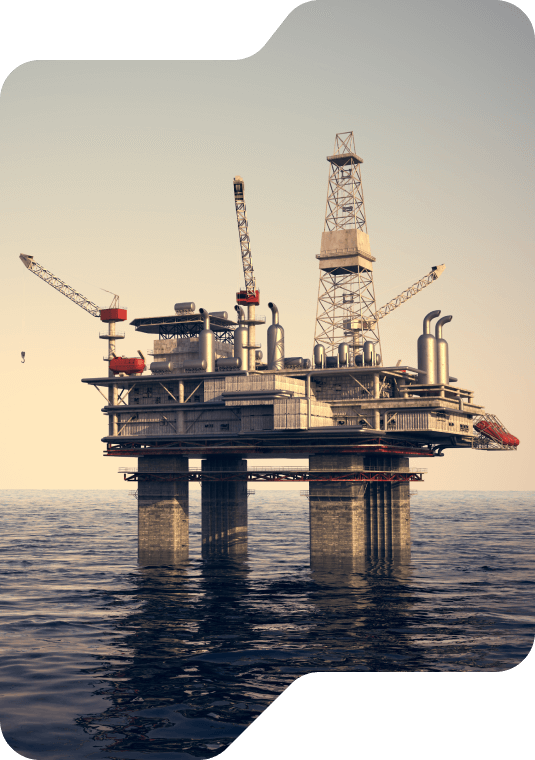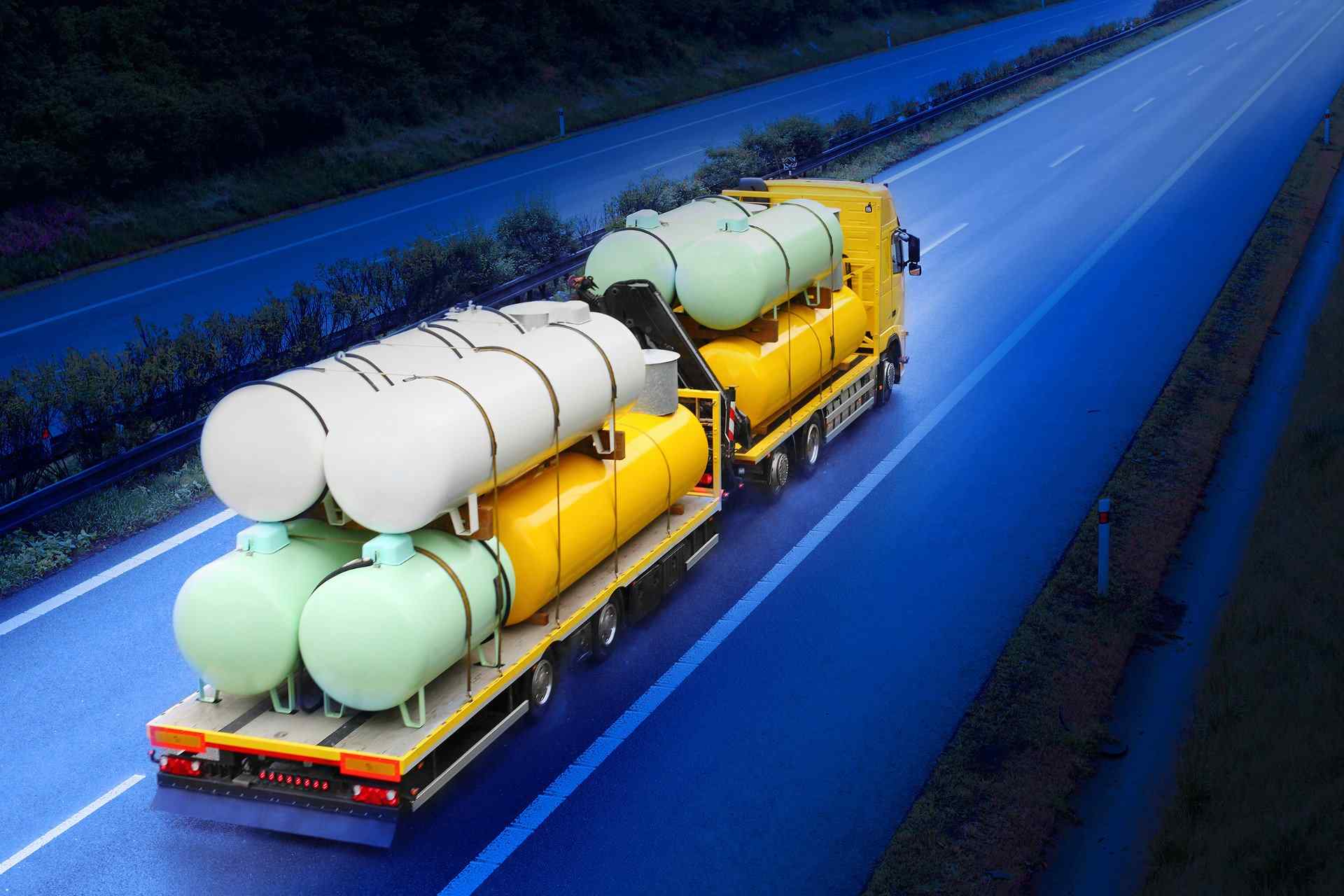

When selecting fuel for a business, it is important to consider not only economic factors, but also the specific needs of the business, operational requirements, environmental regulations, and legal standards. The type of fuel impacts operational costs, machinery efficiency, and environmental safety. In this article, we will look at the three main types of fuel: petrol, diesel, and gas, discussing their advantages and disadvantages, as well as their suitability for various industries and types of businesses.
Petrol
Let's start by listing its advantages over other fuels.
High Power and Performance
Petrol engines usually provide high power and good acceleration dynamics. This makes them ideal for cars and small commercial vehicles, such as vans and lorries.
Lower Noise Levels
Petrol engines operate more quietly than diesel engines. This can be an important factor for businesses that operate in residential or noise-sensitive areas.
Fewer Harmful Emissions
Petrol engines tend to produce lower levels of nitrogen oxides (NOx) and particulate matter compared to diesel engines, making them more environmentally friendly.
However, experts point out several disadvantages of petrol engines that may render them less advantageous for business use:
Less Fuel Efficiency
Petrol engines are usually less fuel-efficient compared to diesel engines, which can increase fuel costs for businesses, especially if vehicles are used frequently.
High Cost
In some regions, petrol can be more expensive than diesel or gas, which increases fuel costs.
Shorter Engine Lifespan
Petrol engines typically have a shorter lifespan compared to diesel engines, which may require more frequent maintenance and repairs.
Petrol engines are suitable for passenger vehicles, small commercial vans, and business sectors where high power and good dynamics are essential, such as in taxi services or delivery operations.
Diesel
Diesel fuel has its advantages, such as:
High Fuel Efficiency
Diesel engines offer better fuel economy compared to petrol engines. This makes them ideal for trucks, buses, and other vehicles where high durability and long distances are required.
Long Lifespan and Durability
Diesel engines typically have a longer lifespan and can better handle heavy loads, making them suitable for heavy equipment and commercial trucks.
Trade Benefits and Tax ‘Perks’
In many countries, diesel fuel is subject to tax incentives for commercial vehicles, which can reduce overall fuel costs.
However, diesel also has its drawbacks:
Emissions
Diesel engines can produce higher levels of nitrogen oxides and particulate matter, negatively impacting environmental conditions and potentially leading to additional costs for cleaning and compliance with environmental standards.
High Noise and Vibration Levels
Diesel engines tend to be louder and produce more vibrations than gasoline engines, which can affect comfort and the working environment.
High Maintenance and Repair Costs
While diesel engines have a long lifespan, their maintenance and repair can be more expensive compared to petrol engines.
Diesel fuel is excellent for heavy machinery, trucks, buses, construction, and agricultural equipment where high performance and fuel efficiency are required.
Gas (Propane/Butane)
This type of fuel has a number of advantages:
Cost Efficiency
Gas fuel is often cheaper than petrol and diesel, reducing fuel expenses. Gas installations also require less maintenance.
Lower Emissions
Gas engines produce less carbon dioxide and nitrogen oxides, making them more environmentally friendly and helping to reduce a business's carbon footprint.
Availability and Flexibility
In some regions, gas installations benefit from tax breaks and subsidies, making them economically attractive.
The disadvantages of gas are equally obvious:
Need for Installation of Gas Equipment
To use gas, special equipment must be installed, which requires an initial investment. This may not be feasible for businesses with limited budgets.
Limited Infrastructure
Some regions may have limited number of gas refueling stations, which can be inconvenient for businesses.
Lower Power and Performance
Gas engines may have less power compared to petrol and diesel engines, limiting their use for high-performance tasks.
Gas engines are well-suited for urban buses, commercial vehicles and taxis. They can also be effective in sectors where low running costs and minimal environmental impact are essential.
The choice of fuel for a business depends on many factors, including the specifics of the operation, economic opportunities and environmental requirements.
When selecting the type of fuel for your business, it is important to consider all these factors to choose the optimal option that best meets your needs and helps maximise operational efficiency.
